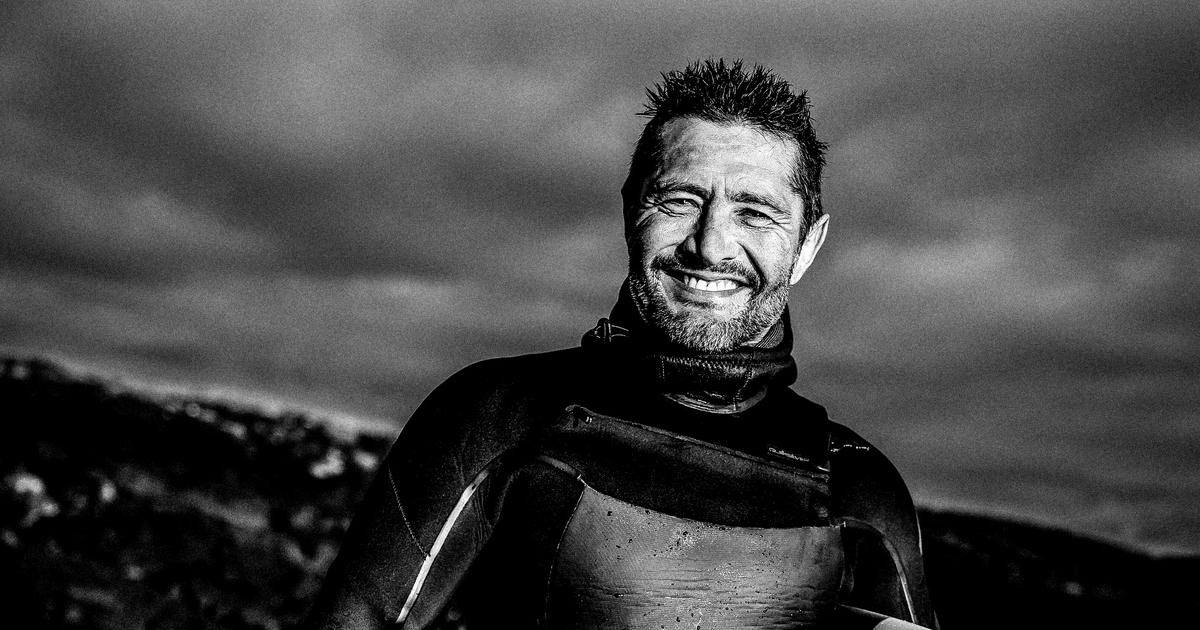WASHINGTON - Why would a 21-year-old National Guardsman take a position with access to top-secret documents in the first place?
The dramatic arrest Thursday of
Jack Teixeira
, a Massachusetts Air National Guard intelligence unit airman who federal authorities say is linked to a leak of reams of classified documents, lays bare the sheer volume of people who they are authorized to view a swath of national security documents that the government classifies as
top secret
.
Police block a road some distance from the home of Jack Teixeira, who investigators believe is linked to a leak of classified US intelligence documents, in North Dighton, Massachusetts.(Alex Gagne/The New York Times)
From National Guardsmen at bases in Massachusetts to generals at NATO headquarters in Brussels to American bureaucrats around the world, the "Top Secret" clearance level grants its bearers an extraordinary level of access.
With it, they can view
secure Pentagon
and other intelligence sites, daily intelligence briefings, situation maps, and detailed analysis of the state of the world as seen through the eyes of the
US
intelligence community.
Members of the US military with top-secret clearance include nearly all of the more than
600 generals
from various services.
But that level of authorization also extends to some of his military aides, to many colonels working in the Pentagon, to captains of Navy ships, to a wide range of junior officers and even, in the obvious case of Teixeira,
to enlisted military
working in intelligence units.
tens of thousands
Pentagon officials say the number of people with this type of access is in the thousands, if not tens of thousands.
And just below them, those with "secret" clearance include almost everyone else who works for the Pentagon or other national security agencies.
The Pentagon in Arlington, Virginia.
(Haiyun Jiang/The New York Times)
There are military contractors and even think tank analysts who have some level of
security clearance.
The Pentagon is likely to have to deal with the fallout from leaking dozens of pages of sensitive material for months to come, as Russian military planners will pore over
the
leaked files in the near term for clues to their own compromised agencies.
But the case raises broader questions about whether the term "top secret" is really secret, and whether national security agencies have allowed their sensitive material to go
too far.
"Clearly too many people have access to too much top-secret information" that they don't need to know, said Evelyn Farkas, the Defense Department's top officer for
Russia and Ukraine
during the Obama administration.
On Thursday, the Pentagon was reeling from the possibility that the author of the leak was far from the upper echelons of military intelligence and sensitive national security data.
Instead of finding the author of the leak at the offices of the Joint Chiefs of Staff, where generals and high-ranking officers gathered many of the documents that were posted on a small online gaming chat group called Thug Shaker Central, the officials found themselves found raiding Teixeira's home.
"Every one of us signs a confidentiality agreement, anyone who has a security clearance," Brigadier General Patrick Ryder, a Pentagon spokesman, told a news conference.
"So everything indicates, again, that this is a
criminal act
."
Teixeira's arrest, Farkas said, serves as a warning of what awaits those who misuse classified information.
"They're going to throw everything at him," he said, "and that's going to make it more important for the government to take action against others who think they're immune because of their high office."
A person convicted of such a leak could face lengthy prison terms, according to authorities.
Teixeira was detained under the
Espionage Law
, violations of which carry a penalty of up
to 10 years in prison per charge
.
Reality Winner, a former Air Force aviator and contractor for the National Security Agency, convicted of leaking a classified document to the media, was sentenced to five years and three months in prison.
A Navy engineer, Jonathan Toebbe, who tried but failed to sell secrets classified below "confidential" to a foreign country, was sentenced to 19 years in prison last
year
.
His wife, Diana Toebbe, received almost 22 years in prison.
Democratic Senator Jack Reed from Rhode Island, chairman of the Armed Services Committee, said in a statement that "this is a serious security breach that cannot be repeated."
"Anyone with a security clearance who betrays their country by purposely mishandling classified documents or revealing classified material must be held accountable."
Some military officials defended the practice of granting security clearances to service members regardless of their age;
if someone is old enough to die for his country, he is old enough to be trusted with its secrets, they argued.
"When you go into the military, depending on your position, you may need a security clearance," Ryder said.
"And if you work in the intelligence community and you need a security clearance, you're going to go through the proper vetting. We entrust our members with a great deal of responsibility at a very young age
.
"
Homeland security officials said Thursday the episode highlighted weaknesses and vulnerabilities in the clearance process despite changes made since the case of
Edward Snowden
, a former US intelligence contractor who became one of the highest-profile fugitives in the world after he revealed
mass surveillance techniques
to news organizations.
"Clearly these reforms were not effective enough," said Javed Ali, a former senior US counterterrorism official who held intelligence roles with the FBI, the Defense
Intelligence Agency and the Department of Homeland Security
.
For example, top-secret reports are kept on government computers located in secure work zones known as
Sensitive Compartmented Information Facilities (
SCIFs ), where electronic devices that could be used to take photographs or record video or audio.
Visitors to a number of Pentagon offices are required to leave their mobile phones, laptops and anything else that can be used for recording or taking photos at the hall lockers.
To limit intelligence leaks in the aftermath of the Snowden case, senior officials established rules
limiting people's ability
to electronically access SCIF material.
"Snowden's problem was preventing people from electronically diverting classified material," Ali said.
"This person went in the other direction, probably because of the post-Snowden measures."
In this case, the documents appear to have been
printed
and removed from the classified facility, the officials said, though not much is yet known about how the materials ended up in the chat group.
It was not clear Thursday what level of clearance Teixeira had.
But he was stationed with the 102nd Intelligence Wing of the Massachusetts Air National Guard, and may have had top-secret clearance, a defense official said Thursday.
"There is the obvious question as to why someone from a relatively low-ranking and rather obscure corner of the military, namely the Massachusetts Air National Guard, could have access not only to some of the nation's most important secrets, but to such an extraordinary series of them, that they could have nothing to do with his work," said Glenn Gerstell, former general counsel for the
National Security Agency.
Mick Mulroy, a former CIA officer and senior Pentagon official, agreed.
"This leads us to wonder how someone so young could have access to some of our most sensitive intelligence data and documents to inform our highest officials," he said.
"This should make us think about who has access to this level of material and how and why we allow people to print that material."
Two major changes to the way intelligence was handled in the past helped set the stage for the most recent leaks.
After
9/11,
intelligence agencies began to
share
material much more widely throughout the government.
Later, after the failure of the intelligence assessment that Iraq had weapons of mass destruction, intelligence agencies began to share more about the sources of their information and their confidence in the reliability of the material.
Gerstell said those changes were made for good reasons, but they've gone too far.
Now, access to some classified secrets is "
just mind-bogglingly wide
," he said.
"We have gone too far and made it accessible to a wide range of people precisely because we never want to be in the position of saying that we could have prevented something if we had shared this information," he said.
"We have a 'need to know' principle of making information available, but in practice, we don't really follow that."
US intelligence agencies have strict guidelines about who can access information, but the military has adopted a more relaxed set of rules that, in effect, allow anyone with a security
clearance
to access documents from a number of intelligence agencies. espionage.
According to Gerstell, to protect information you need a "zero trust architecture."
Under this model, people would be able to see the headline or title of an intelligence document, but would have to check your credentials to see the details.
This would allow better control of who accesses the information and how often.
By contrast, under the current system, "once you've been authorized, you're entitled to
almost everything
," he said.
On Thursday, a few hours after Teixeira's arrest, Deputy Defense Secretary Kathleen Hicks sent a memo reaffirming the rules for handling classified material.
"Personnel with access to classified information are a trusted custodian of that information and the responsibility to safeguard classified information is lifelong.
c.2023 The New York Times Company
look too
Joe Biden Says He's 'Concerned' About Pentagon Documents Leak, But Sees No Immediate Risk
New Leaked Documents Show Extensive Infighting Between Russian Officials







